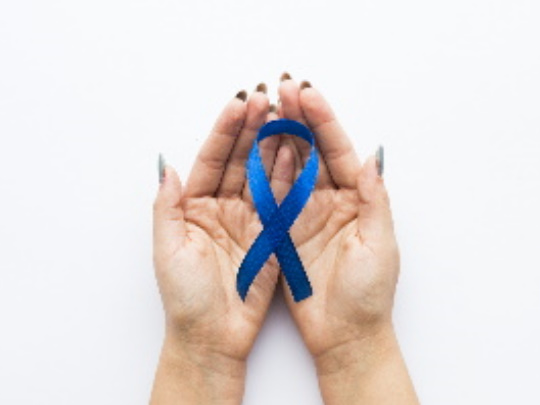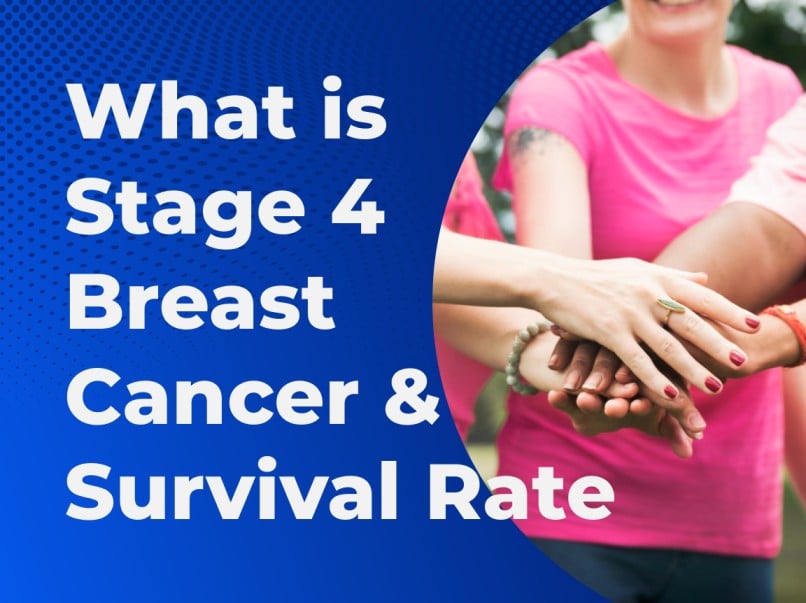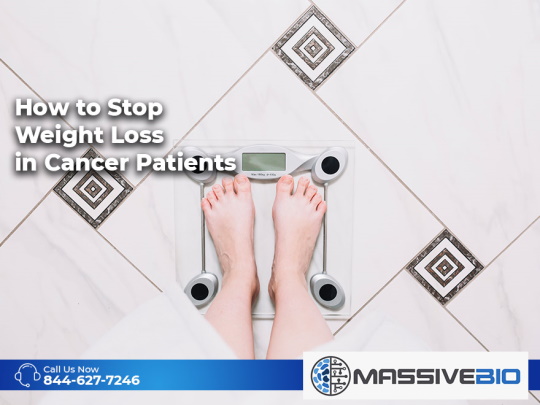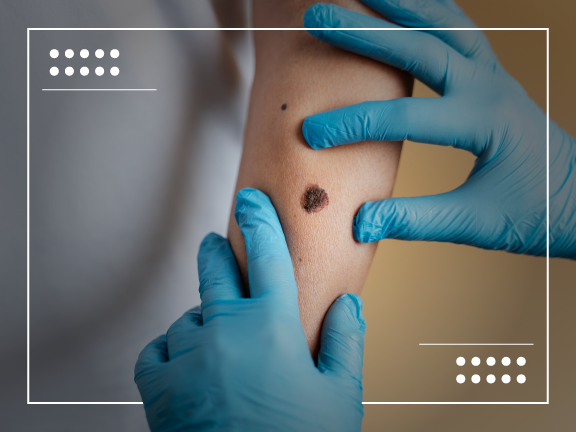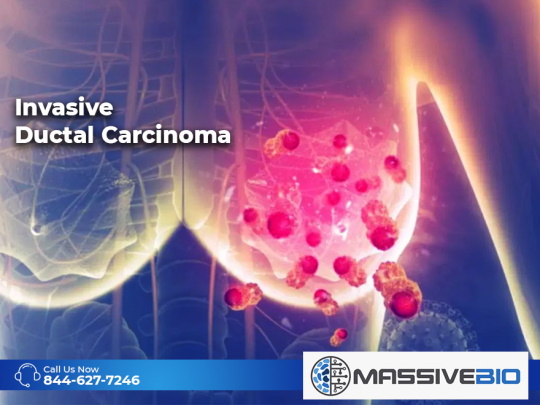What is Colon Cancer?
Colon cancer starts developing within the large intestine, which is the largest portion of the digestive tract. It begins as noncancerous clumps of cells called polyps. Over time, these polyps can become colon cancer. Colon cancer is also referred to as colorectal cancer, which begins in the rectum. Colon cancer has the second most deaths annually of any cancer type. Today, the five-year survival rate for colon cancer patients is roughly 65%. Obesity increases someone’s risk of colon cancer by nearly 30%. It is estimated that there were nearly 150,000 new cases in the year 2020.
Colon Cancer Symptoms
The most common warning sign for colon cancer is a change in bowel movements and weight loss occurring unexpectedly. Other symptoms patients may experience are:
- Weakness and fatigue
- Blood in the stool or rectal bleeding
- Abdominal pain, cramps, or discomfort
- Feeling your bowels are never empty
What Causes Colon Cancer?
25% of colon cancer patients have a family history of the disease. Like many other cancer types, chances of being diagnosed with colon cancer increase when people regularly smoke cigarettes and drink multiple alcoholic beverages a day. Men are slightly more prone to colon cancer than women. In terms of nationality, African Americans have the highest occurrence rate of any race. Age is the biggest factor for patients. Almost 91% of colon cancer cases are in patients over the age of 50.
Ask Our Experts Your Questions Now
Colon Cancer Risk Factors
Risk factors for colon cancer include:
- Being over the age of 50
- History of polyps
- Inflammatory intestinal conditions
- Inherited syndromes like familial adenomatous polyposis (FAP) and Lynch syndrome
- Obesity or diabetes
- Family history of colon cancer
Colon Cancer Prevention
There is no way to guarantee prevention from developing colon cancer. However, you can take several steps to decrease your risk. To catch precancerous cells, or polyps, you should get yearly screenings. Over 1 in 3 people are not up-to-date with colon cancer screenings. It is recommended that men and women should begin screening specifically for colon cancer at the age of 50. There are even inexpensive test methods that can be performed at home. The most common screening method is a fecal occult blood test (FOBT), which takes a sample of stool under a microscope to look for any blood. Blood can be a sign of precancers or polyps. Also, colonoscopies are a popular screening method that many men already should be regularly scheduling.
Other steps to take to decrease your risk of colon cancer:
- Regular exercise
- Balanced, healthy diet
- Limiting alcohol consumption
- Avoid smoking
Colon Cancer Treatment
The treatment option that will be utilized depends on the size of the tumor, extent of metastasis, and its exact location. The common forms of treatment for colon cancer include:
- Surgery
- Chemotherapy
- Radiofrequency ablation
- Immunotherapy
The most common treatment method is surgery. In early stages of the cancer, doctors can perform surgery without cutting through the abdominal wall. If the cancer has progressed, doctors will have to remove a small portion of the colon and sew the remaining sections back together. If the removed section is too large, doctors will have to perform a colostomy so waste can pass through the body.
Colon Cancer Clinical Trials
There are approximately 925 clinical trials across the United States for colon cancer. With such an extensive list, many of them could be beneficial for you. Our team of patient relations coordinators, who are oncology nurses, and our artificial intelligence-based clinical trial matching system will find the best option for you.
With just a few clicks, you can see your clinical trial matches now. Click here to use our advanced clinical trial match tool.
How Do We Help Colon Cancer Patients?
Massive Bio offers an independent cancer treatment analysis as well as clinical trial matching for colon cancer patients. Our patient relations coordinators work closely with patients to gather information on their current medical status, and then will provide a list of options from available cancer clinical trials close to your home.
We can also provide a comprehensive case analysis through our Virtual Tumor Board from cancer specialists. The Virtual Tumor Board (VTB) is comprised of highly specialized oncologists from nationally-recognized Cancer Centers of Excellence. In just 7-10 days after receiving your medical records, we can get you a treatment plan without having to travel far distances and use your valuable time.
Source:



